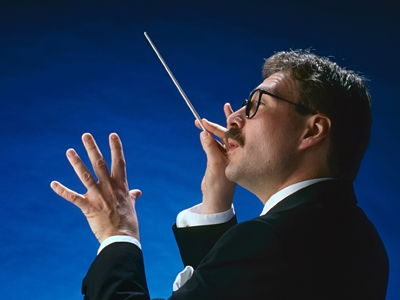
Music History 1
This quiz addresses the requirements of the National Curriculum KS1 History for children aged 5, 6 and 7 in years 1 and 2. Specifically this quiz is aimed at the section dealing with studying the lives of significant individuals in the past who have contributed to national and international achievements.
Children are taught in KS1 about the lives of significant, historical individuals who have had an effect on the world. Studying the history of music allows young children a glimpse into the past and helps them learn about the lives and times of significant individuals, like composers and musicians, they may be unfamiliar with.
Ready for more?
not all...
quizzers. Try to win a coveted spot on our Hall of Fame Page.







